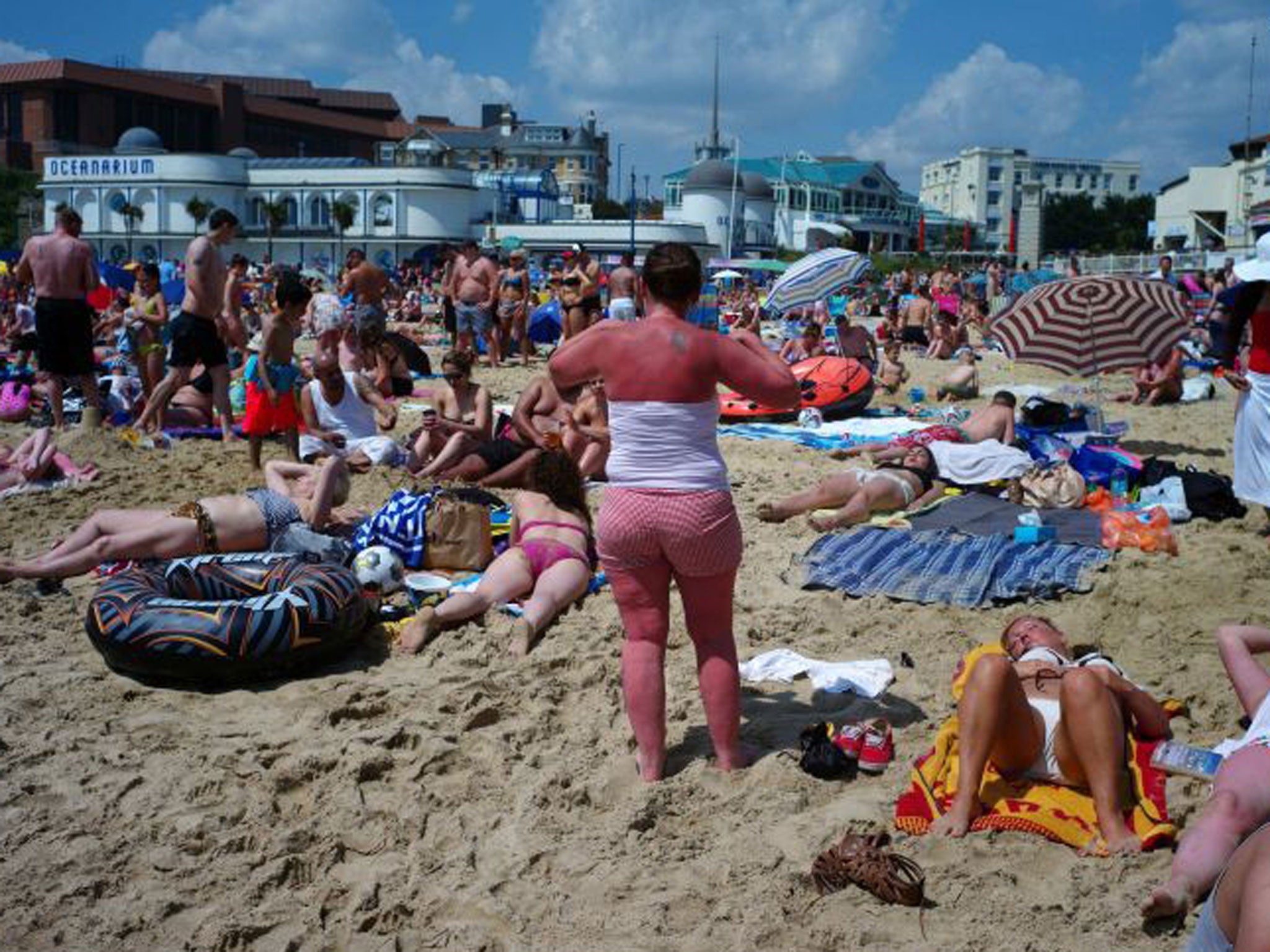Bleach could reverse ageing and treat skin damaged by sunburn and radiotherapy
Scientist say household bleach could be used to fight signs of ageing as well as heal radiation dermatitis and sunburn

Your support helps us to tell the story
From reproductive rights to climate change to Big Tech, The Independent is on the ground when the story is developing. Whether it's investigating the financials of Elon Musk's pro-Trump PAC or producing our latest documentary, 'The A Word', which shines a light on the American women fighting for reproductive rights, we know how important it is to parse out the facts from the messaging.
At such a critical moment in US history, we need reporters on the ground. Your donation allows us to keep sending journalists to speak to both sides of the story.
The Independent is trusted by Americans across the entire political spectrum. And unlike many other quality news outlets, we choose not to lock Americans out of our reporting and analysis with paywalls. We believe quality journalism should be available to everyone, paid for by those who can afford it.
Your support makes all the difference.Diluted household bleach could stop and reverse signs of ageing, as well as treat skin damaged by sun exposure and radiotherapy, new research suggests.
Tests found that old and fragile skin bathed in the chemical became thicker, with increased cell proliferation, Scientists at Stanford University Medical Centre in California said.
The discovery was made by testing the use of diluted bleach on mice with radiation dermatitis. The team found that the animals bathed in the bleach solution experienced less severe skin damage and better healing and hair regrowth than animals bathed in water.
They then turned to elderly but healthy mice and found that by bathing them in the bleach solution, the effects of ageing were allayed and the animals’ skin began to look younger.
The findings could help fight radiation dermatitis in humans, a painful sunburn like side effect of radiation cancer therapy, preventing the need for the treatment of some patients to be interrupted to give time for skin to heal.
“An effective way to prevent and treat radiation dermatitis would be of tremendous benefit to many patients receiving radiation therapy,” said Susan Knox, associate professor of radiation oncology and a co-author of the study.
The research was prompted by the fact that bleach has been used in the treatment of moderate to severe eczema in humans for decades, despite little being known about how the chemical is effective on skin.
Now, the new study has revealed for the first time that bleach works by blocking the process that causes inflammation when immune cells rush to the site of the injury to protect against infection.
“Originally it was thought that bleach may serve an antimicrobial function, killing bacteria and viruses on the skin,” said Thomas Leung, an instructor in dermatology at Stanford and a pediatric dermatologist at Lucile Packard Children’s Hospital.
“But the concentrations used in clinic are not high enough for this to be the sole reason. So we wondered if there could be something else going on.”
“It’s possible that, in addition to being beneficial to radiation dermatitis, it could also aid in healing wounds like diabetic ulcers,” Leung said.
“This is exciting because there are so few side effects to dilute bleach. We may have identified other ways to use hypochlorite to really help patients. It could be easy, safe and inexpensive.”
Join our commenting forum
Join thought-provoking conversations, follow other Independent readers and see their replies
Comments